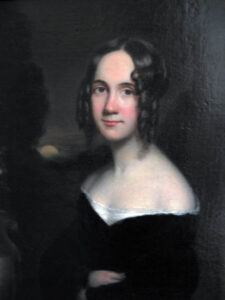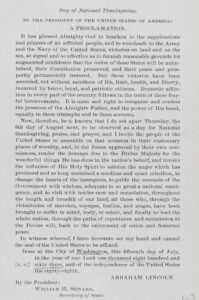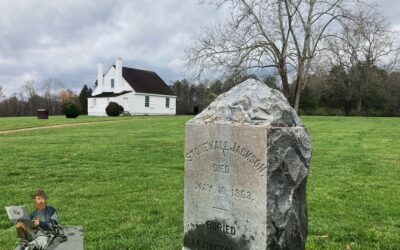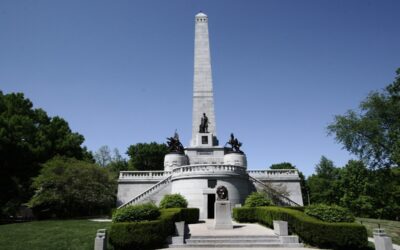 The History of Thanksgiving in the United States
The History of Thanksgiving in the United States
In the early days of the United States, Thanksgiving was declared by Presidents George Washington, John Adams, and James Madison, but it was primarily observed on a state or territory level in the following years. However, one woman’s passionate advocacy would eventually lead to the establishment of Thanksgiving as a national holiday. Poet and author, Sarah Josepha Hale, is renowned for her creation of the beloved nursery rhyme “Mary Had a Little Lamb.” Yet, her impact stretches far beyond the world of verse, leaving an enduring mark on historic sites and a cherished national holiday that continues to be celebrated to this day.
Sarah Josepha Hale was born on October 24th, 1788, in Newport, New Hampshire. Raised by parents who were fervent proponents of education for all, regardless of gender, Hale received an education that extended well beyond the norms for women of her time. Later in life, she wed lawyer David Hale, a supportive partner who encouraged her scholarly pursuits. Tragically, her husband’s life was cut short after only nine years of marriage, leaving Hale a widow with five children. It was during this challenging period that she turned to poetry as a means of sustenance. Her most famous work, a collection titled “Poems for Our Children,” included a treasured tale from her own childhood – “Mary Had a Little Lamb” – which quickly became a beloved nursery rhyme.
In 1837, Hale assumed the role of editor at “Godey’s Lady’s Book.” Her influence through the magazine’s pages made her one of the foremost voices of the 19th century. Her editorials spanned a wide spectrum of topics, ranging from women’s education to child-rearing. Hale also utilized her platform to advocate for important causes, such as the abolition of slavery and, later, colonization, aimed at freeing African Americans and resettling them in Africa. Concurrently, her editorial tenure witnessed her fundraising efforts in support of various historical sites. Her efforts played a pivotal role in the preservation of George Washington’s estate and the financial backing of the iconic Bunker Hill Monument, both of which remain accessible to the public today.
While hailed for her contributions, Hale faced criticism for her endorsement of traditional gender roles. As an editor, she encouraged women to focus their energies within the domestic sphere. According to Hale, a virtuous woman not only managed the household but also imparted religious values to her children. “Godey’s Lady’s Book” was renowned for its conservative viewpoints throughout much of the 19th century. Additionally, Hale did not align with the women’s suffrage movement, believing that women’s involvement in politics might curtail their influence within the home. However, she did employ her platform to advocate for women’s education and property rights.
A National Day of Thanksgiving
From 1846 to 1863, Sarah Josepha Hale tirelessly lobbied for the creation of a national Thanksgiving holiday. She wrote numerous letters to seven different presidents, countless representatives, and all the governors of the states. Her efforts, however, faced significant challenges during the Civil War, when communication with many states became difficult.
In need of a different strategy, Hale turned to Secretary of State William Seward and asked for his help in reaching President Abraham Lincoln. Seward endorsed her proposal, and Hale reached out to Lincoln directly. Her timing was opportune, as it came shortly after Union victories at Gettysburg and Vicksburg during the summer of 1863. During a period of national turmoil amidst the Civil War, President Abraham Lincoln signed into law “A National Day of Thanksgiving and Praise.” Hale’s impassioned letter to Lincoln is frequently cited as the pivotal factor in his decision.
On October 3, 1863, President Abraham Lincoln issued a proclamation at Hale’s urging, creating a national holiday of Thanksgiving. This holiday was designated to be observed on the last Thursday in November, making it the third national holiday after Washington’s Birthday and Independence Day.
Hale retired from her role as editor in 1877 and passed away two years later at the venerable age of 92. Thanks to her persistent efforts and the support of President Lincoln, Thanksgiving became a beloved national holiday, bringing people together to express gratitude for the blessings of the year. Today, we continue to celebrate Thanksgiving on the fourth Thursday of November as a cherished American tradition.

 The History of Thanksgiving in the United States
The History of Thanksgiving in the United States


0 Comments